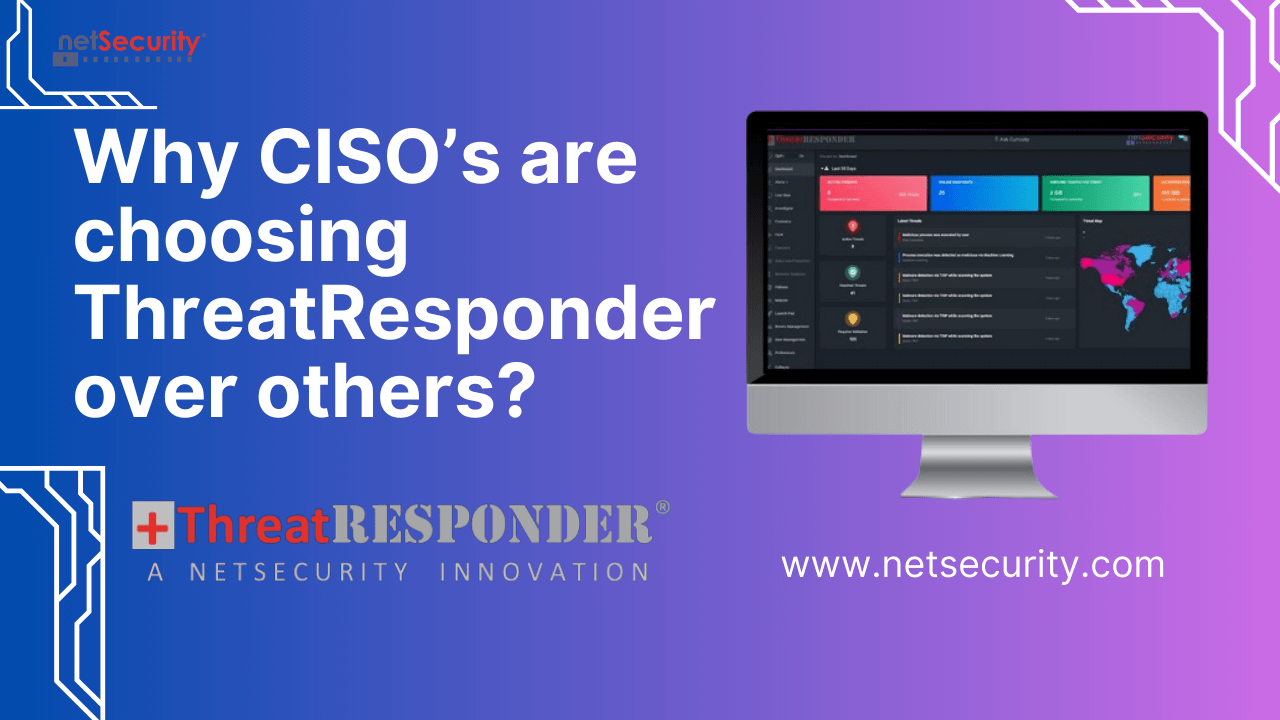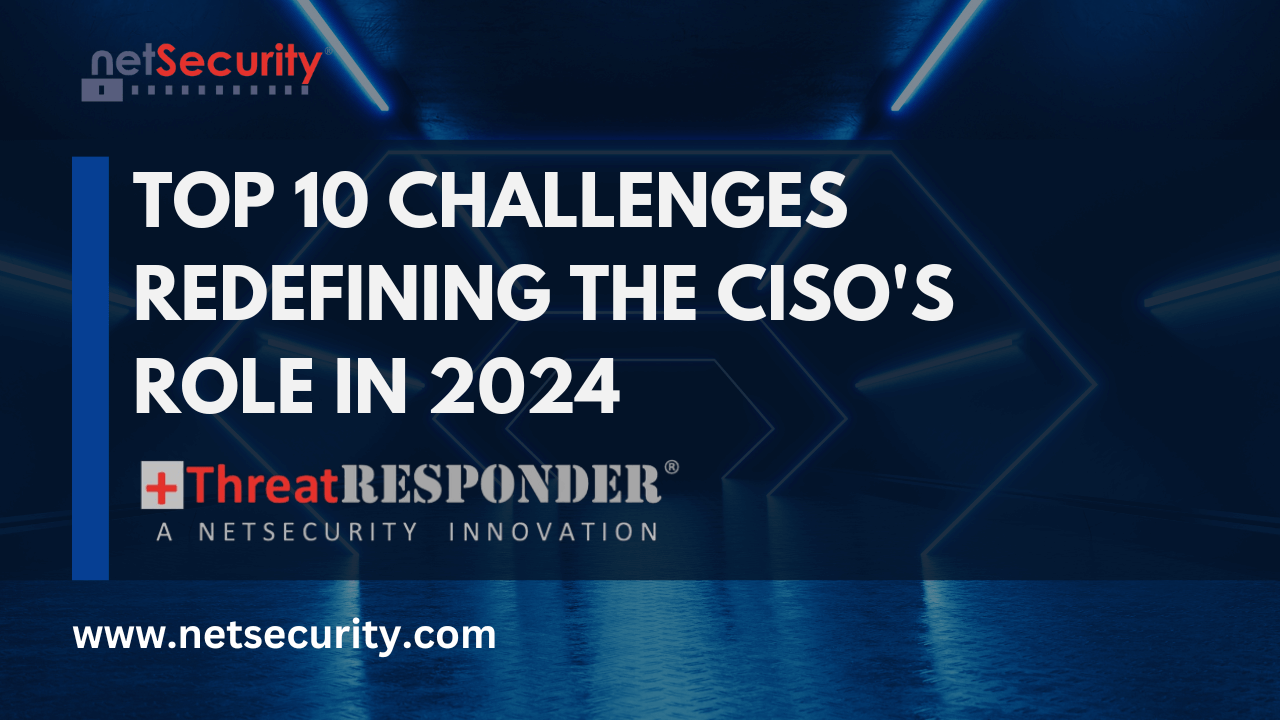What is Managed Detection and Response (MDR)?
What is an MDR?
MDR stands for Managed Detection and Response. It is a cyber security service offering outsourced to organizations for providing services like 24/7 security monitoring, forensic investigations, threat detection, and incident response. Gartner states that “MDR services provide remotely-delivered modern security operations center capabilities focused on quickly detecting, investigating and actively mitigating incidents.” MDR is a combination of human expertise, threat intelligence feeds, and technology resources to perform the desired security service.
MDR Services – Global Market Trends and Forecasts
According to IndustryARC’s “Managed Detection and Response Market – Forecast (2020-2025)” research, it is forecasted that Managed Detection and Response (MDR) market is expected to reach $2.2 billion by 2025 at a CAGR of 16.7% during the forecast period 2020-2025. Similarly, according to Gartner’s “Market Guide for Managed Detection and Response Services” report published in 2021, “MDR is a recognized market and is estimated to reach $2.15 billion in revenue by 2025 up from $1.03 billion in 2021, for a compound annual growth rate (CAGR) of 20.2%”.
Why do Companies Need MDR?
Lack of Skilled Staff:
The most significant challenge for any business is the lack of security skills within the organization. Though it is feasible for large corporations to set up and train their own dedicated security teams, it is not always possible for most organizations considering their resource limitations and time constraints. Understanding each alert and responding to the alert needs more skillful personnel and domain expertise. Moreover, during an ongoing cyberattack, this cyber security domain expertise and appropriate incident response skills will be more relevant to dealing with the situation without panicking. This expertise in responding to cyber threats can prevent an incident from becoming a cyber security breach. By outsourcing critical cyber security operations to an MDR service provider, the companies can exclusively focus on their business growth rather than worrying about cyber threats, attacks, and breaches.
Alert Fatigue:
In addition to the organization’s lack of cyber security skills, alert fatigue is another key problem that organizations must deal with. Despite having state-of-art technology in place, the unprioritized approach to cyber threats leads to a large number of false-positive alerts, overwhelming the in-house security teams. Though this isn’t a new problem, it’s growing by magnitude and scale due to the increase in sophisticated cyber threats and corporate networks. MDR security providers understand the concerns and prioritize the alerts by understanding the business risk posture.
Difference between MDR & MSSP
MSSP stands for Managed Security Service Provider. Though MDR seems similar to MSSP, certain fundamental differences distinguish them. The primary difference is that MDR services are proactive and focused on cyber threats. In contrast, MSSP services are more reactive in nature and deal with security vulnerabilities and incidents. MDR services mainly emphasize acting on active threats, including threat detection, threat hunting, threat assessment, etc.
In contrast, MSSPs focus on broader areas of security such as incident response, alert monitoring, and vulnerability management. MDRs perform in-depth threat-based services, including malware analysis, threat research, intelligence analytics, and forensic investigations, but do not manage the organization’s security posture or operate firewalls and IPS solutions. However, on the other hand, MSSPs contracts usually manage the 360-degree security posture of the organization by managing firewall alerts, IPS/IDS alerts, DDOS prevention, Alert monitoring, and vulnerability management. MDR services typically operate on the technologies like Endpoint Detection and Response (EDR) and Security Information Event Management (SIEM). In contrast, MSSP services may include firewalls, IPD, IDS, antivirus (AV), vulnerability scanners, email security tools, etc. Managed Detection and Response services are generally operated remotely, whereas MSSP services are often operated in-house.
How does MDR work?
MDR can be broadly divided into MDR Platform and MDR Service.
MDR Platform is the technology part where the MDR service providers use state-of-art technology to collect and analyze the data from the client organization. The data can be logs, asset information, events, network activity, endpoint activity, user activity, files, processes, etc. The analysis can be a correlation, behavior analytics, or anomaly detection.
MDR service is the human part of the service where the MDR validate, report, and respond to the identified threats. MDR service professionals operate 24/7 and investigate the alerts to validate security incidents. In case of true positives, MDR service personnel escalate the incident to the predefined escalation matrix. They also perform forensic investigations and report a high-level briefing to the management of the client organization.
If companies cannot build, train, and maintain their own dedicated security teams, it is highly recommended to outsource their cyber security operations to any MDR service providers.
Let NetSecurity Protect Your Network from Cyber Threats
Let NetSecurity’s expert Managed Detection and Response (MDR) team take care of your cyber threats. Click on the below button to request more details about our MDR services.
Disclaimer
The page’s content shall be deemed as proprietary and privileged information of NETSECURITY CORPORATION. It shall be noted that the contents of this page are copyrighted by NETSECURITY CORPORATION. Any violation/misuse/unauthorized use of this content “as is” or “modified” shall be considered illegal subjected to articles and provisions that have been stipulated in the General Data Protection Regulation (GDPR) and Personal Data Protection Law (PDPL).









